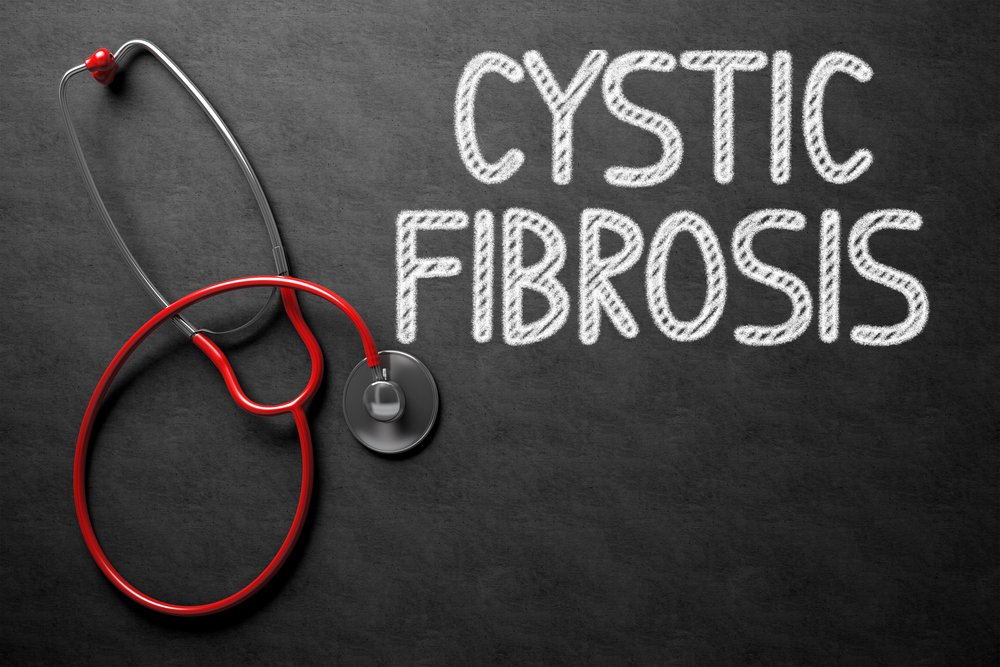Vertex’s VX-659 Triple Combo To Be Tested in Phase 3 Trial in Patients with 2 Copies of F508del Mutation
Written by |

Vertex Pharmaceuticals is launching a new Phase 3 trial to assess the triple combination of VX-659 plus tezacaftor (VX-661) and Kalydeco (ivacaftor) in cystic fibrosis (CF) patients with two copies of the F508del mutation in the CFTR gene.
That mutation most common CF-causing genetic variant. The trial will enroll about 100 patients, ages 12 or older.
Participants will be randomized to receive placebo or the oral triple combination — 240 mg of VfX-659 plus 100 mg tezacaftor and 150 mg Kalydeco each morning, and a 150 mg Kalydeco table again at night — for four weeks. All patients will be given tezacaftor and Kalydeco in combination for four weeks prior to the start of the treatment period.
At the study’s end, eligible patients will have the opportunity to receive the triple combination for up to an additional 96 weeks in an open-label extension study.
Researchers will evaluate the benefit of Vertex’s triple combination compared to placebo — and the pre-study tezacaftor and Kalydeco combo treatment — by measuring mean absolute change from baseline (study start) in percent predicted forced expiratory volume in one second (ppFEV1, a measure of lung function) after week four of treatment. They will also look at patient-reported outcomes and changes in sweat chloride (a sweat test assessing the activity of CFTR channels).
This follows the announcement of a soon-to-open Phase 3 trial (NCT03447249) evaluating the VX-659, tezacaftor, and Kalydeco combination against placebo in CF patients with one F508del mutation and one minimal function mutation. It also has an extension study (NCT03447262).
Data from these studies are expected to further demonstrate the potential of the VX-659 triple combination. It is also anticipated they will support the combo therapy’s approval by the U.S. Food and Drug Administration and other regulatory agencies.
“We continue to make rapid and significant progress in our efforts to advance our two triple combination regimens into Phase 3 development, with an ultimate goal of bringing the best triple combination to patients as quickly as possible,” Jeffrey Chodakewitz, MD, executive vice president and chief medical officer at Vertex, said in a press release.
“The first Phase 3 study we announced in February is designed to support approval of the VX-659 triple combination in patients with one F508del mutation and one minimal function mutation who currently have no treatment that addresses the underlying cause of disease. This second study is designed to enable us to broaden the potential label for this regimen to include those with the most common genetic form of cystic fibrosis,” Chodakewitz added.
These two Phase 3 trials are supported by positive results from an ongoing Phase 2 study (NCT03224351) testing this triple combination in CF patients with two copies of the F508del mutation or one F508del mutation and one minimal function mutation. This study is due to conclude this month.
Data on 29 patients with two copies of the F508del mutation from the Phase 2 study showed improved lung function in those given a VX-659 triple combination compared to those given placebo plus tezacaftor and Kalydeco, and significantly reduced mean sweat chloride levels. The triple combo also induced a 19.5 point improvement in patient outcomes compared to 2.9 points reported by the placebo-treated group.
In general, the triple treatment regimen was well-tolerated, with most adverse events being mild to moderate in severity. No serious adverse reactions were reported during the study.
Vertex is discussing with regulatory agencies the design of additional Phase 3 studies of a VX-659 and a VX-445 triple combination. These studies are expected to open this year.






